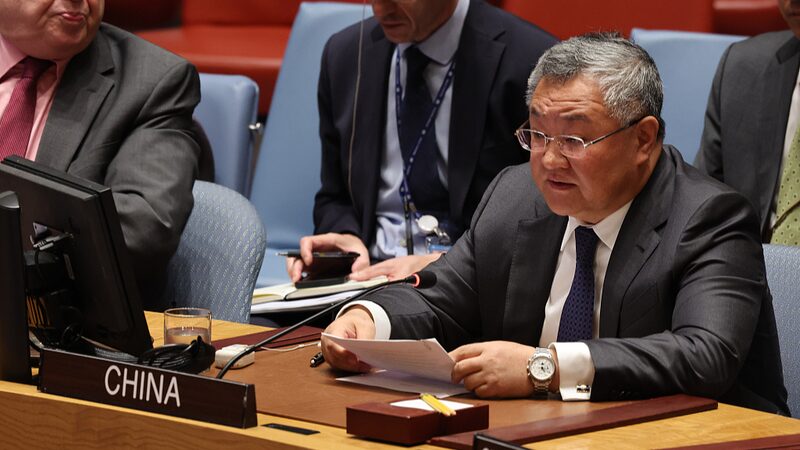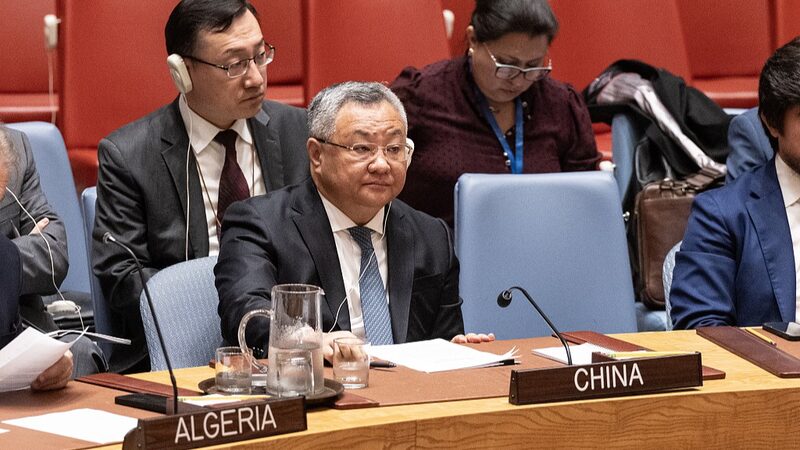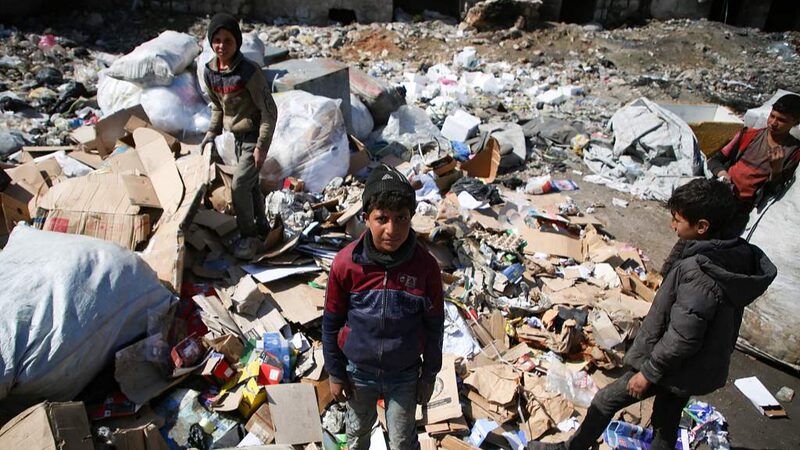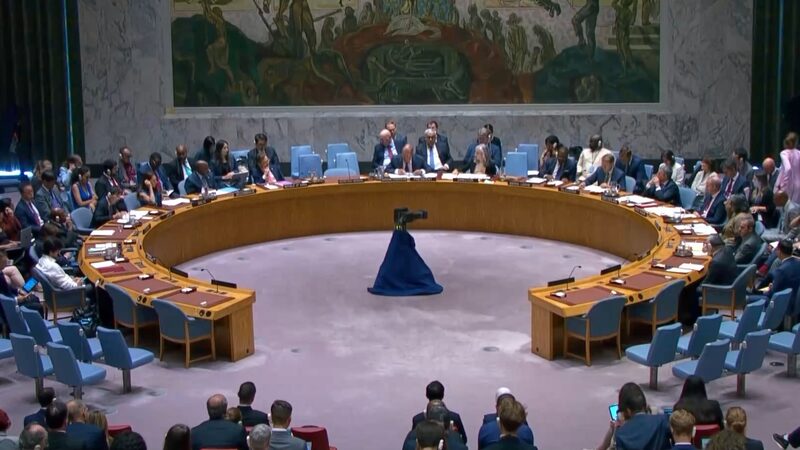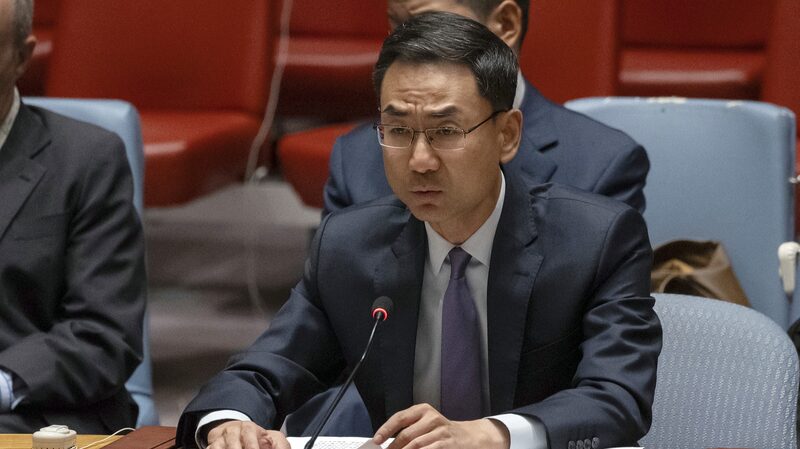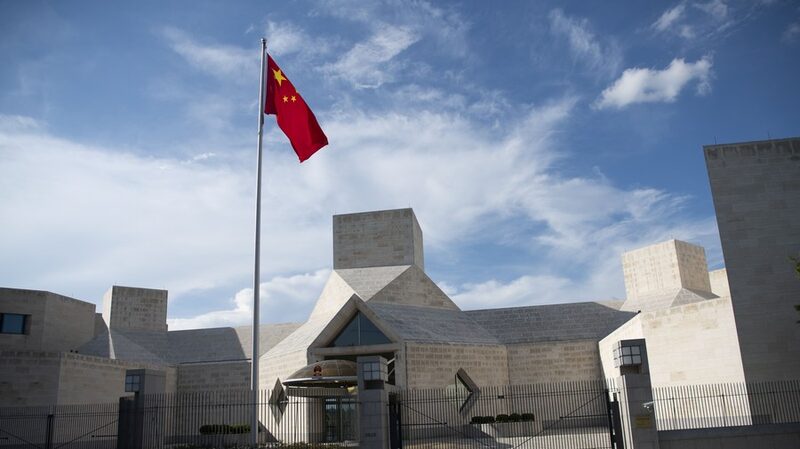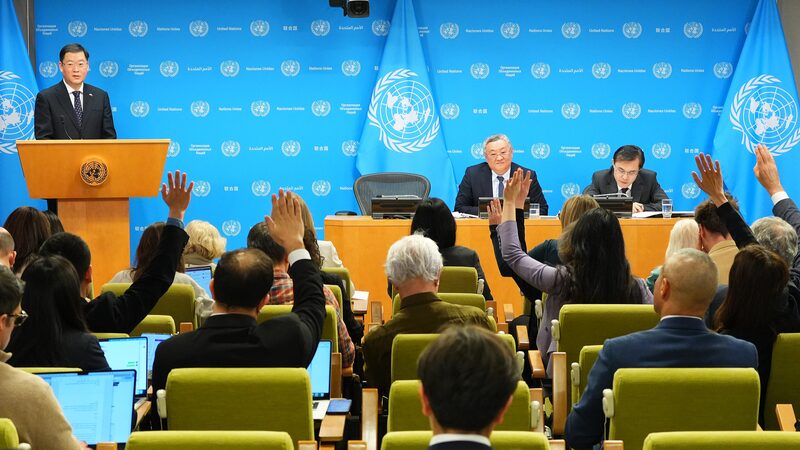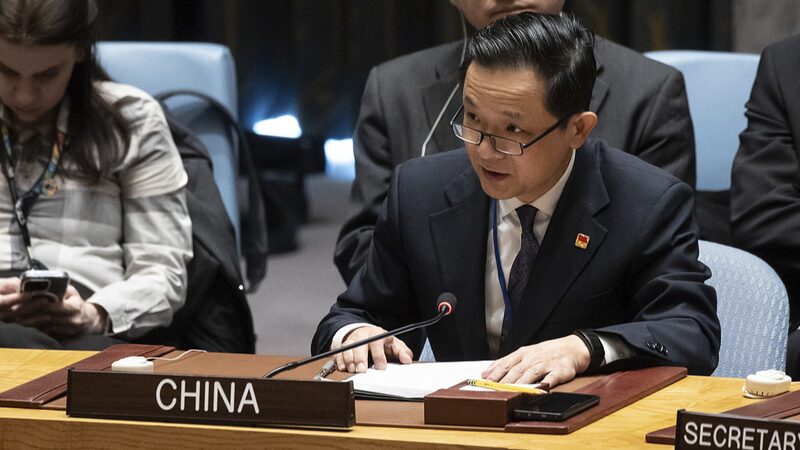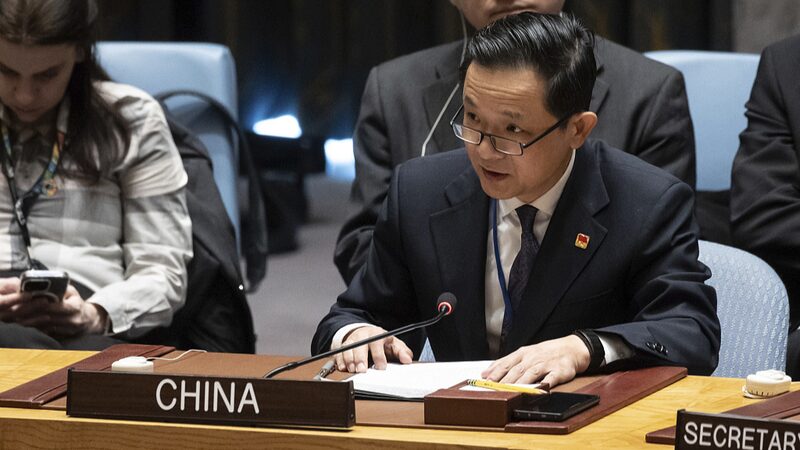At a United Nations Security Council open debate on peacebuilding and conflict prevention this Wednesday, China's permanent representative, Fu Cong, made a fervent appeal for the immediate lifting of all unilateral sanctions imposed by certain countries.
Addressing the council, Fu criticized these sanctions as being illegal under international law and the UN Charter. He warned that such measures not only intensify the economic and social hardships of the nations they target but also risk igniting new conflicts and instability in already volatile regions.
"Effective conflict prevention requires a favorable external environment," Fu emphasized. "Unilateral sanctions undermine this environment, deepening existing difficulties and planting the seeds for future conflicts."
Fu called on the United Nations to bolster its support for development, particularly by ensuring that peacekeeping operations and special political missions prioritize the economic growth and sustainable development of the countries they assist. He highlighted the crucial role of regional organizations in fostering political trust and enhancing regional cooperation.
Advocating for an open and non-discriminatory international economic and trade environment, Fu stressed the importance of allowing developing countries to participate fairly in global economic, scientific, and technological cooperation. He urged for reforms in the international financial system to better serve the needs of developing nations, especially in areas such as development financing, climate change, and capacity building.
Condemning unilateralism and interference in other countries' internal affairs, Fu reiterated China's stance against hegemony. "The imposition of unilateral sanctions not only exacerbates existing difficulties but also hinders the path to peace and stability," he stated.
Fu pointed to the increasing turmoil in some regions and its spillover effects, calling for enhanced conflict prevention measures that address both symptoms and root causes. He identified poverty and underdevelopment as major sources of conflict, asserting that poverty reduction and development are essential tasks for achieving lasting peace.
Highlighting the importance of effective governance, Fu argued that governments should play an active role in addressing market shortcomings. He called for increased investment in infrastructure, education, and healthcare to enhance public welfare and secure long-term stability.
"Inclusive development is vital," Fu added, emphasizing the need to safeguard the human rights of women, youth, and other vulnerable groups. "Only by building a solid foundation for peace can we ensure sustainable development for all."
Fu also showcased China's commitment to supporting the Global South in achieving peace and sustainable development. He pointed to the success of initiatives like the China-UN Peace and Development Trust Fund, highlighting projects such as Juncao Technology. This innovation helps farmers in 107 countries transition to higher value-added industries like mushroom farming and animal husbandry, addressing issues like poverty, food security, and employment.
He praised the ongoing efforts of Professor Lin Zhanxi, the 82-year-old inventor of Juncao Technology, who continues to promote this technology worldwide. "China is ready to collaborate with the international community to help more developing countries achieve self-sufficiency, foster peace, and build the foundation for global stability," Fu concluded.
(With input from Xinhua)
Reference(s):
Chinese envoy urges immediate lifting of unilateral sanctions
cgtn.com
